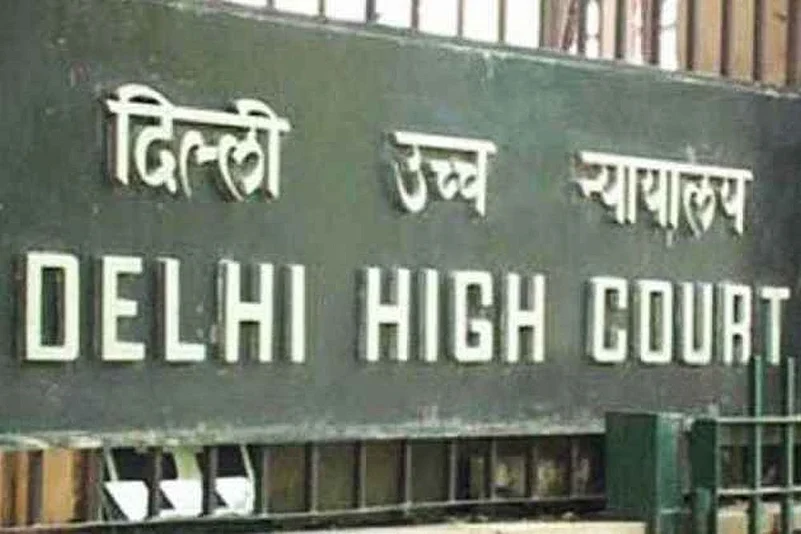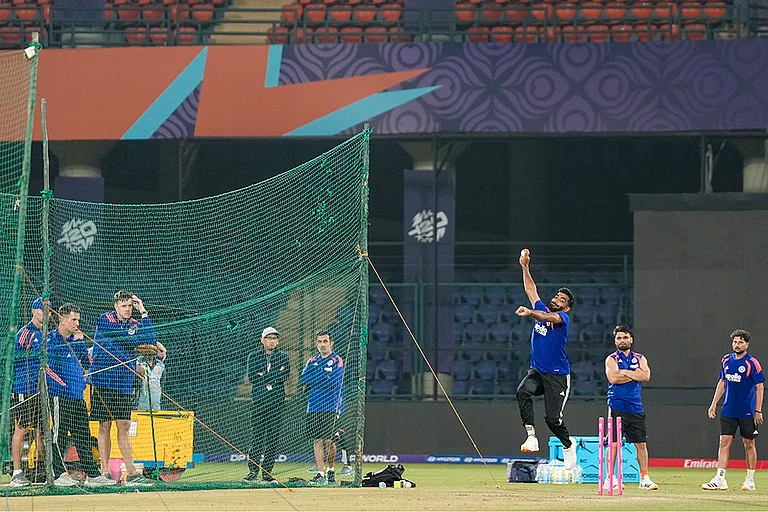The intention behind POCSO is to protect children from sexual exploitation but it was never meant to criminalise consensual romantic relationships between young adults, the Delhi High Court has unequivocally upheld.
Safeguarding consensual romantic relationships
It, however, cautioned that the nature of the relationship has to be seen from facts and circumstances of each case as the survivor in some cases may face pressure to settle. The court's observation came while granting bail to a boy who married a 17-year-old girl and was subsequently apprehended under the Protection of Children from Sexual Offences (POCSO) Act.
It noted that in the present case, the girl was not coerced into the relationship with the boy, and it was clear from her statement that there was a romantic relationship between the two and the sexual act between them was consensual.
"In my opinion, the intention of POCSO was to protect children below the age of 18 years from sexual exploitation. It was never meant to criminalise consensual romantic relationships between young adults," said Justice Jasmeet Singh in the order.
"However, this has to be seen from the facts and circumstances of each case. There might be cases where the survivor of sexual offence, may under pressure or trauma be forced to settle," the judge added.
The court observed that a consensual relationship borne out of love should be of consideration while granting bail, and in the present case, it would be a travesty of justice to let the accused suffer in prison.
Facts and circumstances of the case
"Thus, this is not a case where the girl was coerced into the relationship with the boy. In fact, Ms. 'A', herself went to the applicant's house and asked him to marry her. The statement of the victim makes it clear that this is a romantic relationship between the two and that the sexual act involved between them was consensual," it said.
"Although the victim is a minor and hence, her consent does not have any legal bearing, I am of the opinion that the factum of a consensual relationship borne out of love should be of consideration while granting bail. To ignore the statement of the victim and let the accused suffer behind jail, in the present case, would otherwise amount to perversity of justice," the court added.
It directed that the accused be released on bail on a personal bond and a surety bond of Rs 10,000 each. The court also asked the accused to join the investigation, surrender his passport and not indulge in any criminal activity.
POCSO's Delicate balancing act with consent
The POCSO act was brought about in 2012 to protect children from sexual assault, sexual harassment, and pornography and establish special fast track courts for trial in offences of such nature. The act envisioned that sexual acts committed against a “child” must place a higher liability on the offender, regarding the offence more grievous than usual. For this purpose, the term “child” in the POCSO act is construed as any person below the age of 18 years.
Section 6 of the POCSO act states that “Whoever commits aggravated penetrative sexual assault shall be punished with rigorous imprisonment for a term which shall not be less than twenty years, but which may extend to imprisonment for life, which shall mean imprisonment for the remainder of the natural life of that person and shall also be liable to fine, or with death.”
However, over the years, POCSO has often come in conflict with the role of consent in determining the nature of relationships between adolescents. Just like the case at hand in Delhi HC, the legislation has at times been misused as a ploy to charge adolescent boys with the grave crime of sexually assaulting minor girls, even when such relationships are borne out of free will.
This came to the fore in the Madras HC's verdict in the 2021 Vijayalakshmi & Anr. v. State & Anr case, wherein Justice N. Anand Venkatesh quashed the case against a young boy in his 20s who had married a minor girl and the two had run away from their homes due to the pressure faced by the girl from her family. Justice Venkatesh cited the judgement in Sabari v. Inspector of police and highlighted that while the act has been instrumental in punishing perpetrators for grave sexual offences against children, at times offenses are “slapped against teenagers” who fall victim to POCSO.
The court in this case also acknowledged and reiterated that the nature of the relationship between teenagers which could be the “result of mutual innocence and biological attraction” cannot be considered alien, and must not be criminalised. Against this backdrop, the Madras HC called for an amendment in Section 2(d) of the act to redefine "child" as one below 16 years of age, and in any case where a person above 16 comes into a bodily contact or sexual contact with a person of the opposite sex should be excluded from the rigorous provisions of POCSO which attract punishment of 7/10 years straight.
The court's intent clarified that there is a need to maintain the delicate balance between strict punishments under POCSO and protecting teenagers involved in consensual loving relationships and observed that "What came to be a law to protect and render justice to victims and survivors of child abuse, can also become a tool in the hands of certain sections of the society to abuse the process of law."
(With inputs from PTI)


























